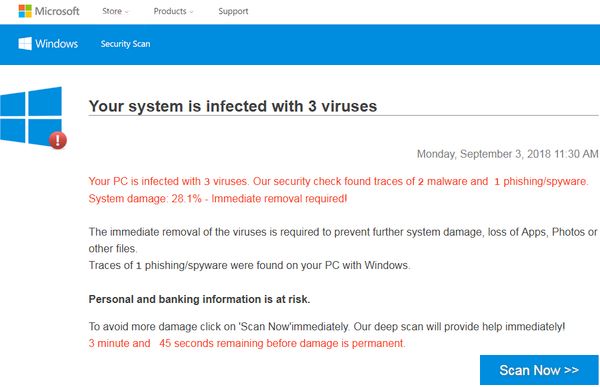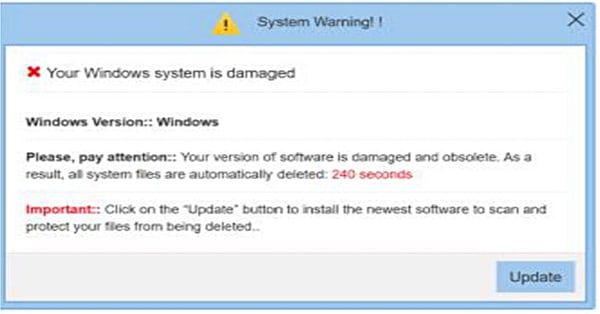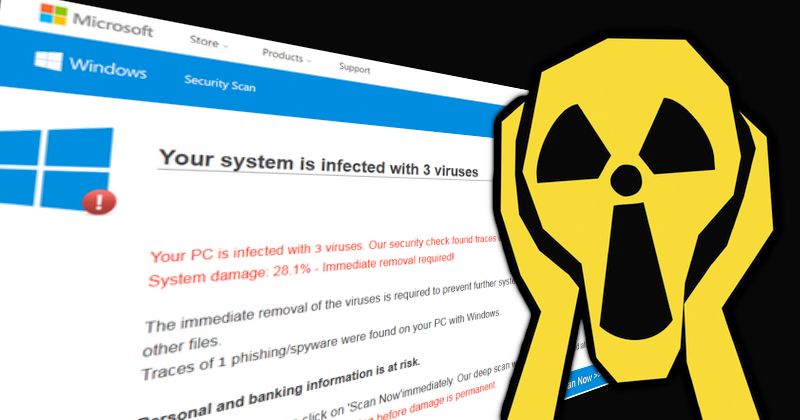Two companies were fined $26 million by the U.S. Federal Trade Commission (FTC) for scaring consumers into believing their computers were infected with malware.
The FTC alleges that Cyprus-based Restoro Cyprus Limited and Reimage Cyprus Limited have conducted technical support scams since at least 2018, “using false and unsubstantiated claims about product performance and safety to defraud consumers.” Tens of millions of dollars.” Consumer computers. “
The companies, which share common ownership, are believed to have been particularly successful in defrauding older consumers with fake Microsoft Windows pop-ups. The pop-ups claimed that computers were infected with viruses and urged users to “scan” their computers “to avoid causing more damage.”

According to the Federal Trade Commission, scareware messages appear regardless of the actual operating condition of a consumer’s computer and lure unsuspecting users by offering free scans or security updates. Scans inevitably claim to have found performance or security issues and indicate an urgent fix is needed.

The “repair” allegedly requires consumers to purchase software from Restoro or Reimage, which costs between $27 and $58.

FTC investigators corroborated the victim’s story by scanning a computer known to be virus-free and secretly purchasing the software.
Each time, investigators reported that the scans highlighted numerous alleged problems and security issues, and then recommended purchasing fixes.
The investigation found that the victims frequently spoke with Restoro and Reimage telemarketers. The telemarketer tried to convince them that software alone wouldn’t solve the “problem” and that a Restoro or Reimage technician would need remote access to their computer – at an additional cost of hundreds of dollars.
The FTC complaint revealed that Restoro used Google search ads to direct computer users to its website.

If the proposed settlement is approved by a federal court, the FTC plans to use the $26 million in fines paid by the companies to compensate defrauded consumers and seek a permanent injunction prohibiting the companies from engaging in similar deceptive conduct in the future.
